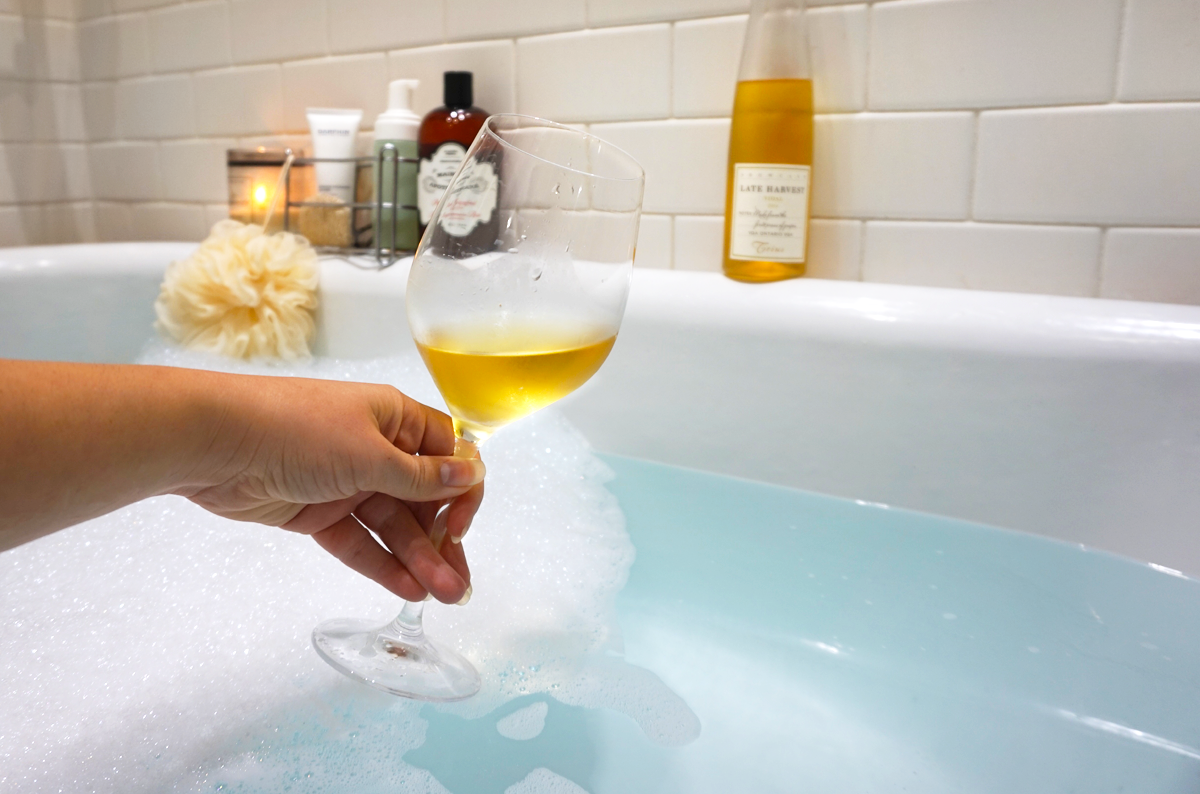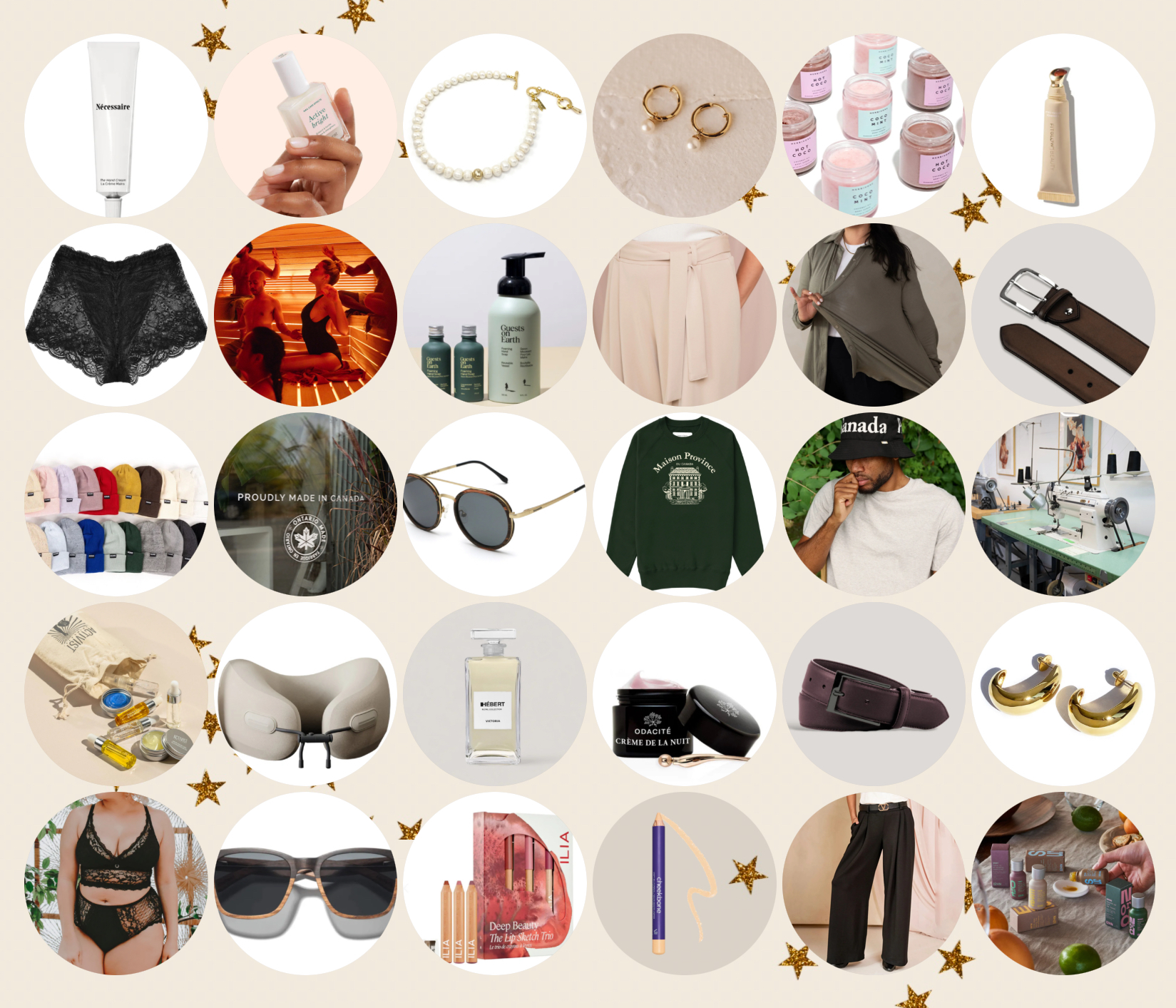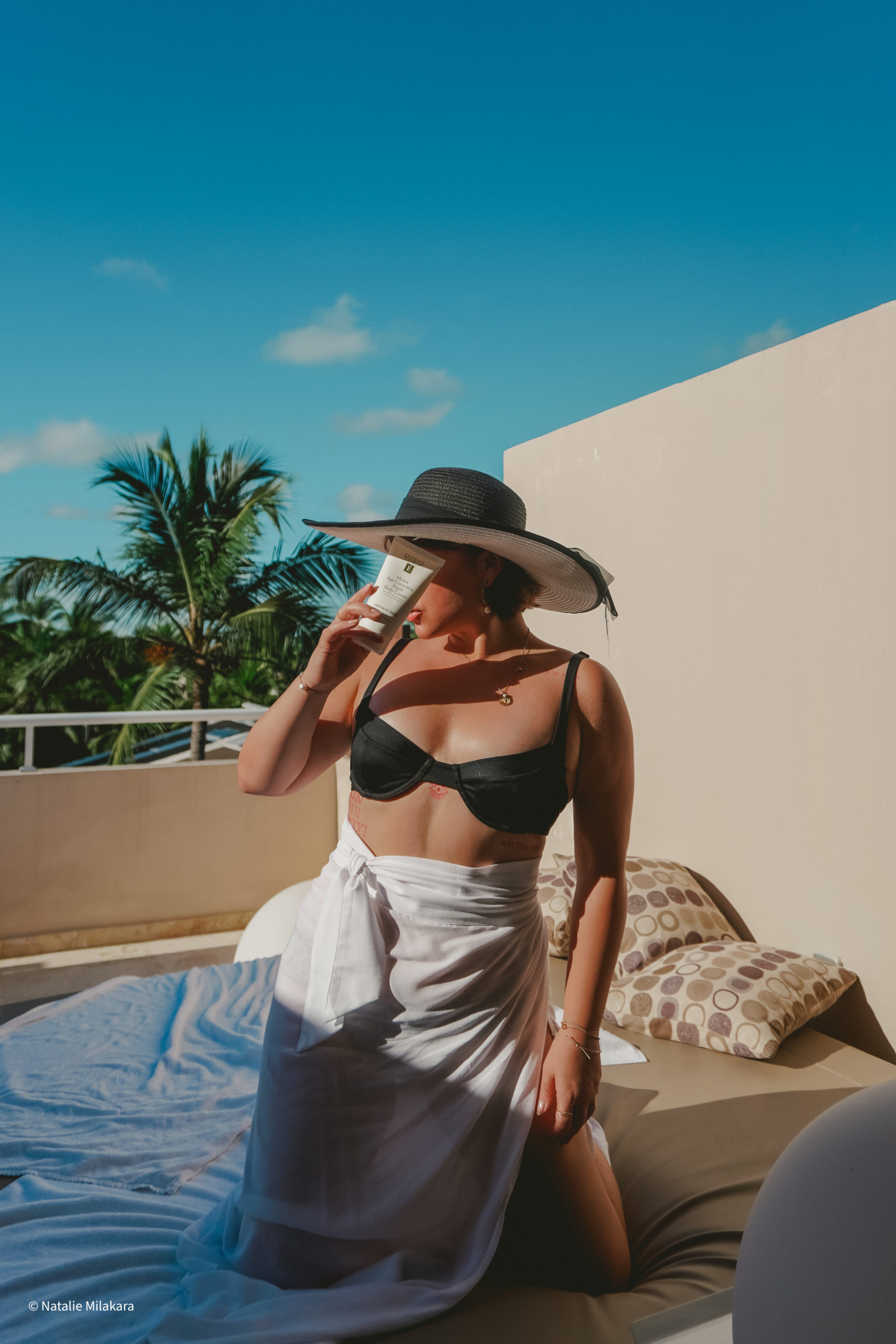But what are they exactly?
If you have a ever tried to mix olive oil and vinegar, or any oil with water for that matter, you would see the dilemma many manufactures find themselves in when creating face creams, body lotion and other creamy concoctions!
Polysorbate 20 and Polysorbate 60 are emulsifiers that help bond water and oils together. The number at the end states how much ethylene oxide was used to treat the sugar alcohol (sorbitan) to bring it to the consistency desired. The process of mixing ethylene oxide with an alcohol is referred to as ethoxylation. Overall, polysorbates used in cosmetics and pharmaceuticals are fairly regulated and non-toxic in small doses.
It is actually the process of ethoxylation that brings concern. Why? Because ethylene oxide and 1,4 Dioxane, the byproduct produced in the process, can be toxic to the human body. EWG gives ethylene oxide its highest toxicity rating and flags the chemical as a carcinogen to the human body. 1,4 Dioxane is banned in Canada and has a medium-high toxicity rating on EWG. Of course, companies that use ethylene oxide to treat polysorbates are suppose to test for residual chemicals or byproducts to eliminate any possible contamination that could be passed on to consumers.
Some people will find they are more sensitive to polysorbate 20 & 60 than others; and reactions usually present themselves as mild skin itching or rash.
Now that you know what polysorbates are, you can make your own decision about how it fits into your beauty routine.



